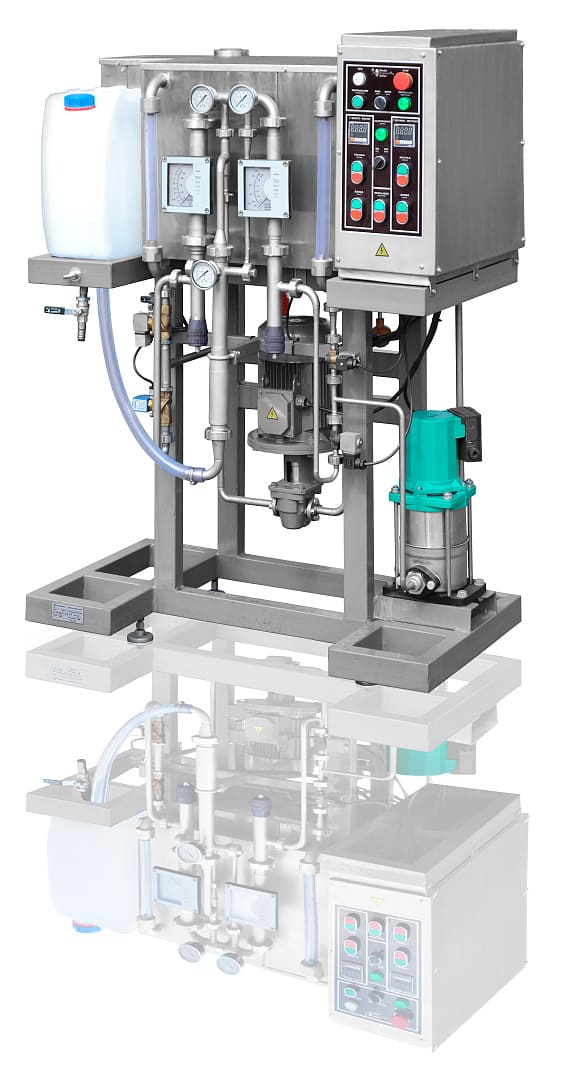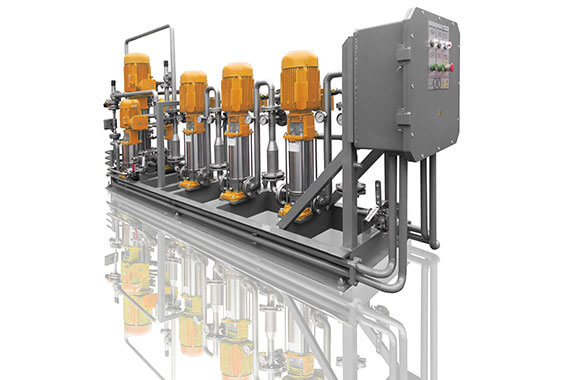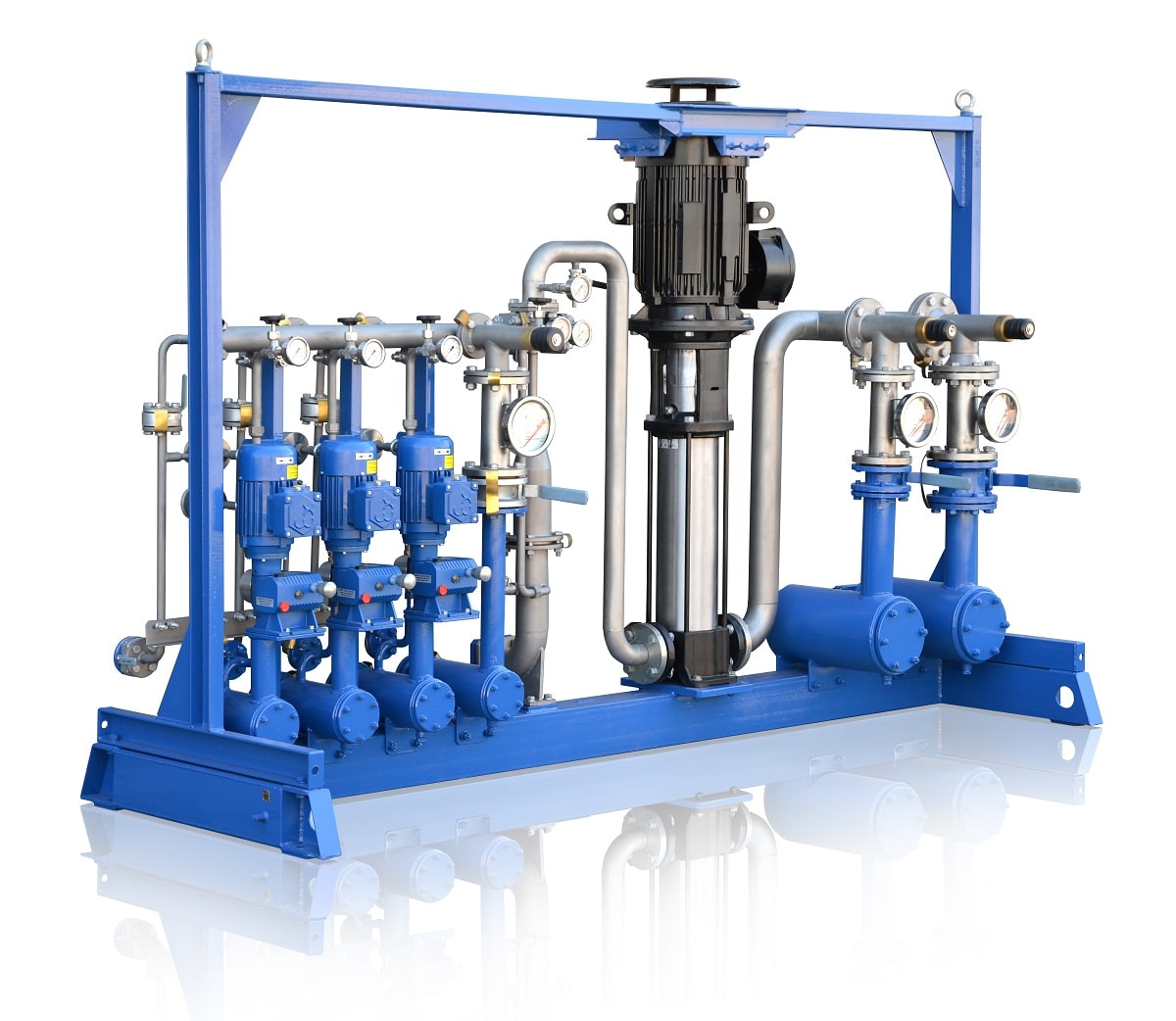How does the fatty acid composition of mutton fat influence the transesterification process and final biodiesel quality?
- This topic has 1 reply, 2 voices, and was last updated 8 months, 1 week ago by .
Answers
-
April 6, 2025 at 4:43 am by Plinio Leiva-Bou
Mutton fat is rich in saturated fatty acids (especially palmitic and stearic acids), resulting in biodiesel with excellent oxidative stability and high cetane number. However, these fats cause poor cold flow properties, making the fuel prone to gelling in cold climates. The high triglyceride content makes transesterification efficient, but care must be taken if FFA levels are high. Biodiesel from mutton fat blends well with petrodiesel or other biofuels for better low-temperature performance, while the GlobeCore USB plant ensures thorough conversion and purity.



